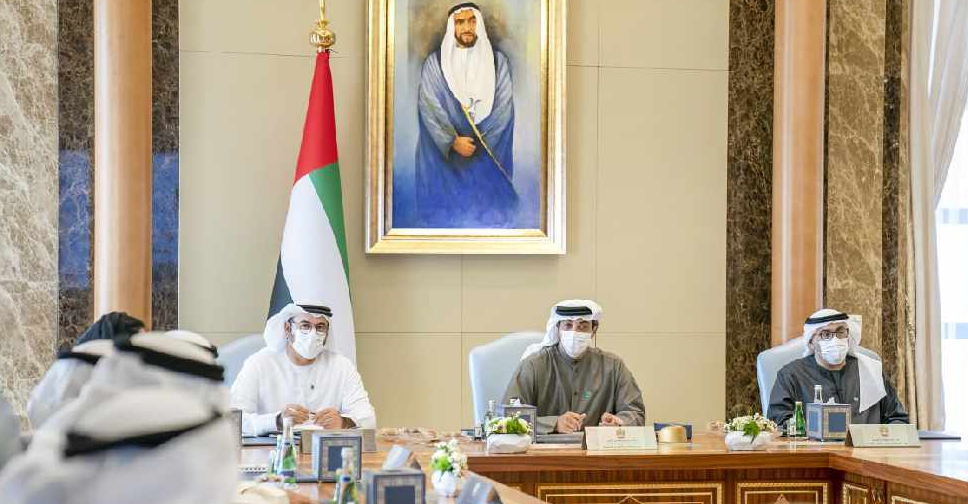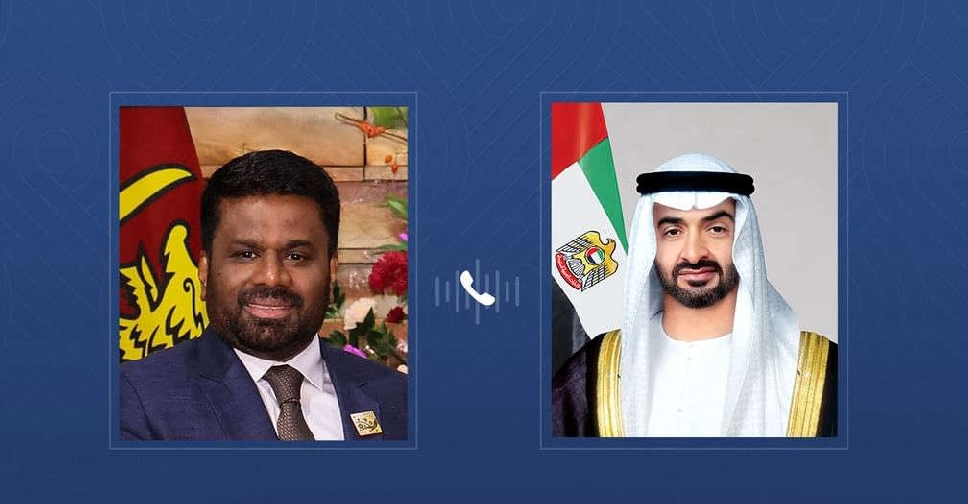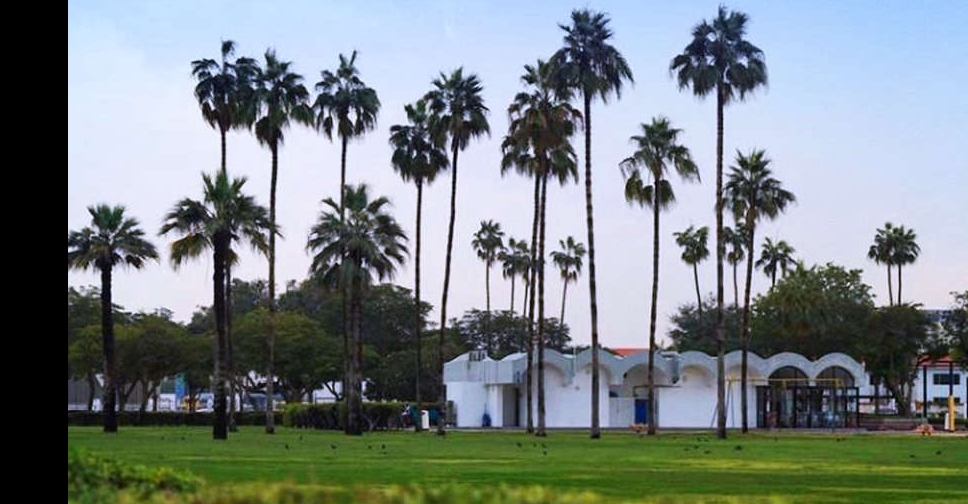
The UAE’s Ministerial Development Council (MDC) has reviewed its plan to convert 50 per cent of federal government service centres into digital platforms within two years.
The first phase is expected to cover a total of 282 service centres, out of which 59 will be closed during the first quarter of 2021, and the remaining ones by 2022.
It is in line with the government's digital transformation strategy, which takes into account the geographical distribution of the centres, capacity, level of demand, quality of digital transformation, and financial impact.
The plan was discussed during the MDC's latest meeting in Abu Dhabi, which was chaired by His Highness Sheikh Mansour bin Zayed Al Nahyan, Deputy Prime Minister and Minister of Presidential Affairs.
The Council also reviewed a study on the premarital screening for genetic diseases and ways to reduce the incidence of genetic diseases in the country.
"The UAE Government is guided by a vision for development that not only fulfills current needs, but also plans for the future. Our goal is to build a strong and health family as a foundation for a productive society, capable of sustaining the country's achievements," said Sheikh Mansour.
A unified digital register of the UAE's genetic diseases will be created, including the results of premarital examinations on recessive genetic diseases. A national laboratory specializing in the science of genetic testing will also be established.
The study also introduces innovative means to inform the community about the importance of genetic testing using awareness campaigns.
At the legislative level, the Council proposed amendments to the executive regulations of the Value Added Tax law to enhance the legislative framework and ensure the rights of all parties, including consumers and business sectors.
The Council also proposed amendments to the executive regulations of the Environment Protection and Development law concerning the Environmental Impact Assessment (EIA).
The EIA is a tool used to identify the environmental, social and economic impact of a project prior to decision-making to ensure the highest level of environment protection.


 Cloudy weather, rain forecast for parts of UAE
Cloudy weather, rain forecast for parts of UAE
 Sri Lankan President thanks UAE for flood relief efforts
Sri Lankan President thanks UAE for flood relief efforts
 Dubai’s beaches, parks reopen as weather improves
Dubai’s beaches, parks reopen as weather improves
 Some Dubai flights cancelled due to adverse weather conditions
Some Dubai flights cancelled due to adverse weather conditions
